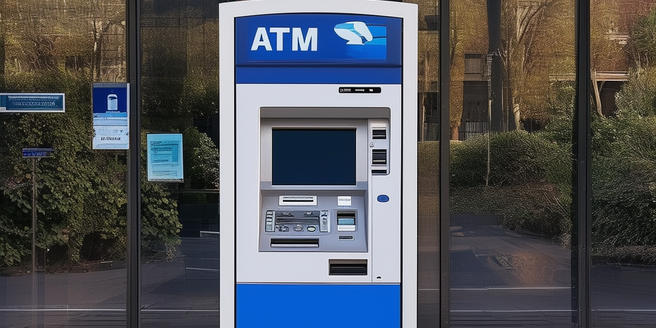
Understanding the Threat of Credit Card Fraud
Credit card fraud has continuously evolved to adapt to modern defenses. Cybercriminals utilize stolen personal information to assume the identities of innocent people, often going unnoticed due to the sophisticated tactics they use. This type of crime costs the global economy billions annually. Due to its rampant occurrence and the magnitude of its impact, governments worldwide are taking stricter measures to combat credit card fraud. It is crucial to understand not only how fraud occurs, but also how to prevent it. By understanding the common methods used by fraudsters, individuals are better equipped to recognize and avoid potential threats.
Recognizing Common Credit Card Fraud Techniques
Credit card fraud is a rampant issue in our digital age, often perpetrated through methods like phishing, skimming, or advanced fee scams. Phishing involves fraudsters tricking victims into revealing sensitive information through seemingly legitimate correspondence like emails or calls, seemingly from trusted entities. Skimming involves the surreptitious attachment of devices to card readers at points of sales to clone card data. An advanced fee scam lures victims into paying upfront, promising a larger return that never materializes. Each of these strategies epitomizes how sophisticated credit card fraud has become, underscoring the need for vigilance and safe financial practices.
Personal Measures to Prevent Credit Card Fraud
Credit card fraud is a serious issue and there are several measures you can take to combat this problem. Always stay cautious of unsolicited contacts asking for personal information, whether they are phone calls, emails or other communications, and confirm the identity before divulging any sensitive information. Signing up for fraud alerts provides real-time updates on suspicious transactions, helping prevent unauthorized charges. Regular weekly checks on your online bank and credit card statements can also help you swiftly identify and report any possible fraud. Safeguarding personal information is crucial and this can be achieved through creating unique and complex passwords, ensuring each site you use has a different password to lessen the risk of account hacking. Never share passwords with anyone, as trust can be exploited by fraudsters to gain illegal access. In summary, to avoid credit card fraud, stay alert with unsolicited information requests, use fraud alerts, monitor online statements regularly and safely guard personal information with complex, undisclosed passwords.
Technological Safeguards Against Credit Card Misuse
Advancements in technology, such as chip and PIN technology, biometric identification, encryption, tokenization, and predictive algorithms, have significantly enhanced the security of financial transactions. Chip and PIN technology, found in credit and debit cards, and biometric identification, which uses unique physical or behavioral traits, make fraud difficult. Encryption obscures sensitive cardholder information into unreadable formats, while tokenization replaces such information with non-identifiable ‘tokens’ that cannot be reversed even with the right decryption key. Additionally, banks use specially developed algorithms to analyze spending patterns and detect suspicious activity. These technologies together form a robust line of defense against fraudulent activities.
What to Do In Case of a Credit Card Fraud
If you suspect fraudulent activity on your account, it is paramount that you promptly contact your bank to initiate preventative measures such as freezing your account. Regularly reviewing your financial statement is equally crucial, as it allows you to swiftly spot any irregularities like unfamiliar purchases or unexplained charges that should be reported to your bank immediately. Moreover, keeping records of all communications with your bank and any other relevant entities can provide valuable evidence if the matter escalates, facilitating clarification of actions taken, decisions made, and identification of potential vulnerable areas. These steps can expedite detection and resolution of potential fraud, ultimately minimizing the impact on your finances.
Maintaining Continual Vigilance: Lifelong Strategies to Avoid Credit Card Fraud
Vigilance is critical in preventing credit card fraud. In this digital age, it’s essential to continually update passwords to deter potential threats. Keeping a tight watch on your accounts can detect irregularities early, allowing for a fast response to minimize any losses. Staying updated about the latest fraudulent techniques is another excellent way to manage fraud, considering how fraud methods evolve with technology. Utilizing advanced security measures like anti-phishing and anti-malware software can provide real-time protection against malicious attempts. Financial education is critical, as it allows individuals to make informed decisions against potential fraud risks. Through good financial literacy, one can anticipate and react to various fraudulent practices, thus enhancing our ability to protect ourselves against fraudulent transactions. Hence, combining vigilance and financial literacy helps shield one from credit card fraud.
